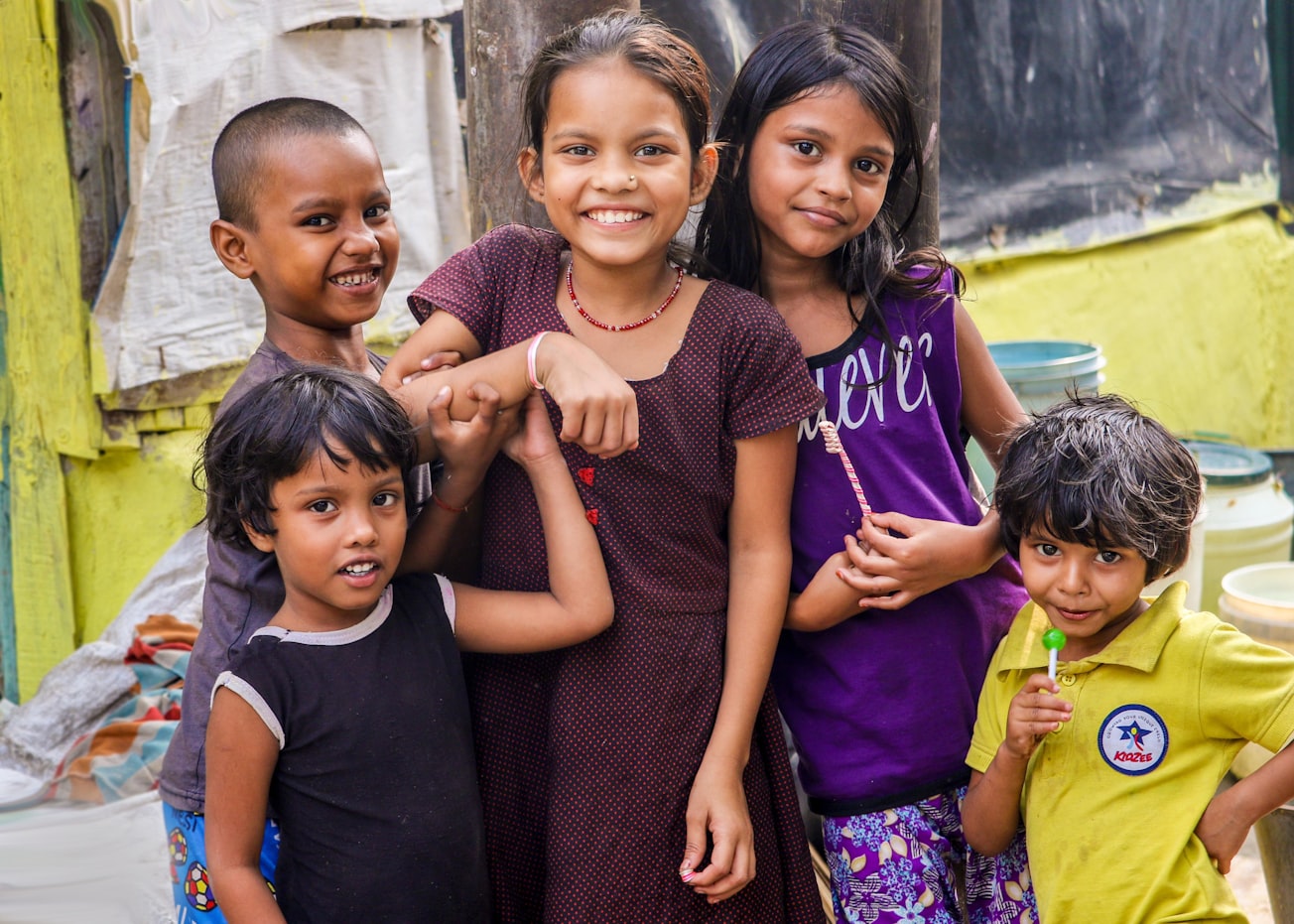What is it about?
The aim of this work is to begin initial steps in creating a quick, simple and accurate scale to measure the amount of overall perceived stress an individual is feeling at the time. An adult scale is already available but a scale that is suitable for 7-11 year olds does not currently exist in the same format.
Featured Image

Photo by Loren Joseph on Unsplash
Why is it important?
Our findings suggest that the scale is accessible and appropriate for measuring perceived stress in children aged 7-11 years. Further research needs to be undertaken to see whether this is valid and reliable in wider populations.
Perspectives
Evidence suggests that perceived stress in people can have many negative and long-lasting effects on the body. This research is important as there are many stresses on children at present - from pandemics to climate change. Equally, the research may have benefit for certain clinical populations of children who are known to encounter higher levels of stress. I hope this scale provides a real use to clinicians and researchers in understanding perceived stress in this age group.
Christina Davis
University of the West of England
The PeSSKi provides the first scale of perceived stress in children that is comparable with the adult version. Linked to core characteristics of stress, it provides an easy to use and meaningful assessment of overall feelings of stress in 7-11 year olds, designed as a self-report measure. We are keen for this new scale to be used across further populations of children, in non clinical and clinical settings.
Julie Turner-Cobb
Bournemouth University
Read the Original
This page is a summary of: The Perceived Stress Scale for Kids (PeSSKi): Initial development of a brief measure for children aged 7–11 years, Stress and Health, June 2022, Wiley,
DOI: 10.1002/smi.3174.
You can read the full text:
Contributors
The following have contributed to this page







